The last week of September saw Nordic sportswear outfit Hummel, the official supplier of the Danish Football Union / Dansk Boldspil-Union (DBU), unveil a sponsor-less monochrome national team kit for the 2022 FIFA Men’s World Cup as a protest against the Qatar 2022 host country’s human rights record.
Not only were the jersey designs themselves ‘muted’, but Hummel also ‘toned down its logo and iconic chevrons’ stating that the brand doesn’t “wish to be visible during a tournament that has cost thousands of people their lives”
The national team badge, Hummel brand logo and signature chevrons – a famous feature on Danish shirts dating back to the 1980s – are faded into the same single colour as the team’s three shirts.
Thus these brand assets are ‘camouflaged against the colour of the kit’ across the three strips: red (home), white (away) and black (third).
The kit launch was promoted through an integrated ‘History Is What We Do Now’ part-protest campaign which spanned digital and social media and a values-based PR push. The strips were teased socially on 26 September, before the official unveiling across its PR and online channels on 28 September.
This shirt carries with it a message.
We don't wish to be visible during a tournament that has cost thousands of people their lives.
We support the Danish national team all the way, but that isn't the same as supporting Qatar as a host nation. pic.twitter.com/7bgMgK7WzS
— hummel (@hummel1923) September 28, 2022
In addition to the classic, red ‘home’ Danish kit, Hummel and the DBU also unveiled an all-black, ‘colour of morning’, alternative kit to ‘honour migrant workers who died during construction work for the tournament’.
The designs were also part-inspired by the iconic Danish 1992 UEFA Euro winning jersey as 2022 marks the 30th anniversary of the country lifting the European title,
In its kit launch PR statement, Hummel said: “With the Danish national team’s new jerseys, we wanted to send a dual message. They are not only inspired by Euro 92, paying tribute to Denmark’s greatest football success, but also a protest against Qatar and its human rights record. That’s why we’ve toned down all the details for Denmark’s new World Cup jerseys, including our logo and iconic chevrons. We don’t wish to be visible during a tournament that has cost thousands of people their lives. We support the Danish national team all the way, but that isn’t the same as supporting Qatar as a host nation. We believe that sport should bring people together. And when it doesn’t, we want to make a statement.”
“We’ve had a lot of ideas, which have been discussed for at least the last year and a half, together with the Danish Football Association (DBU). We wanted a kit which sent a signal, but also a kit for the whole team, so they didn’t have to think about anything, and a kit which also sent a signal, but not a signal that was too provocative. It needed to be a little more subtle,” explained Hummel Owner Christian Stadil.
“What we found out quite fast is that the World Cup, of course, is about football. But through talking to Amnesty, we know there’s a lot of challenges related to human rights. It’s not just in Qatar – look at Russia! We did a lot of activity there, particularly to do with LGBT rights, standing in the stadium in Moscow, making up a rainbow flag. Qatar is similar to this, continued Stadil. “We have a window to communicate, so rather than flying our logo, and the bright colours of the flag, we wanted to do something a little different. Not to take away from the football, but to make people stop for a few seconds, a few minutes, to contemplate the whole process of holding the World Cup in Qatar. We’ve also said that we will not go there. I won’t go, our CEO won’t go, none of our board of directors. Only our liaison with the national team, part of the DFA (the Danish Football Association), will go.”
In response to Hummel’s Danish kit launch, the Supreme Committee organising the tournament responded with a statement:
“Since winning the right to host the FIFA World Cup, the SC has worked diligently alongside the Qatari government to ensure that the tournament delivers a lasting social legacy. Our commitment to this legacy has contributed to significant reforms to the labour system enacting laws protecting the rights of workers and ensuring improved living conditions for them.
Through our collaboration with the UEFA Working Group and various other platforms led by FIFA and other independent groups, we have engaged in robust and transparent dialogue with the DBU. This dialogue resulted in a better understanding of the progress made, the challenges faced, and the legacy we will deliver beyond 2022.
For that reason, we dispute Hummel’s claim that this tournament has cost thousands of people their lives. Furthermore, we whole-heartedly reject the trivialising our genuine commitment to protect the health and safety of the 30,000 workers who built FIFA World Cup stadiums and other tournament projects. That same commitment now extends to 150,000 workers across various tournament services and 40,000 workers in the hospitality sector.
“The onus should always be on countries to do more to protect the rights of peoples all over the world, including in Denmark. The SC’s work is recognised by numerous entities within the international human rights community as a model that has accelerated progress and improved lives. Qatar’s reforms are acknowledged by the ILO and ITUC as a benchmark in the region. Like every country, progress on these issues is a journey without a finish line, and Qatar is committed to that journey.
“We urge the DBU to accurately convey the outcome of their extensive communication and work with the SC, and to ensure that this is accurately communicated to their partners at Hummel.”
Comment
The shirt designs and launch campaign are the result of a promise made by the DBU and Hummel to players and fans that the team would wear clothing with ‘critical messages’ at the tournament in Qatar.
While FIFA’s own World Cup rules prohibit political statements on team kits, experts largely agree that the Danish shirt designs – all-red, all-white and all-black – appear to comply with these regulations as they avoid words, symbols or explicit statements.
According to Hummel, other options which were considered and then rejected included putting a black ‘mourning’ band around the shirt’s arm sleeves, but the company and its client ‘didn’t want to make the players hostages to having to explain individual decisions about rolling up their sleeves to play’.
The DBU also joined September’s European campaign for national captains to wear heart-shaped, multi-coloured ‘One Love’ armbands in World Cup games.
#OneLove countries unite as a stand to Qatar and its negative views on LGBTQ+ rights – FIFA says ignore humans rights, focus on the football. #FIFAWorldCup #QatarWorldCup2022 https://t.co/HPMOEelehr
— Green Eyes and Ham (@kylekinglovesit) November 5, 2022
Hummel’s Stadil admits that such matters are complex: ““It’s difficult to navigate through this world when you want to make a difference, but you’re also a commercial company. For context, we’ve got a collaboration with Amnesty International who are helping us become a company who can better navigate where to manufacture our clothes, where to produce, where to avoid. We’ve also made a kit together, with joint branding, where they take our bee logo, and add it to the barbed wire of the Amnesty logo. We’ll be donating all the profits from that collaboration to Amnesty. Plus, we have an agreement that we’ll give 1% of our revenue from all online sales to Amnesty, which includes the Denmark kit, and that will hopefully add up to a lot of money.”
From a values perspective, the brand’s Qatar 2022 stance dovetails with its positioning and its other cause partnerships – such as its equality based #LetsPlayAnEqualGame tie-up with Amnesty International and its HAND project with Sierra Leone Handball.

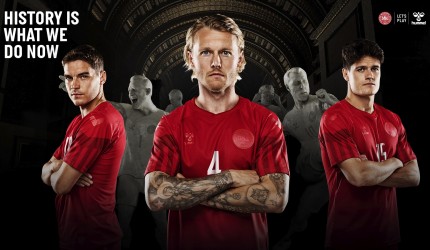






















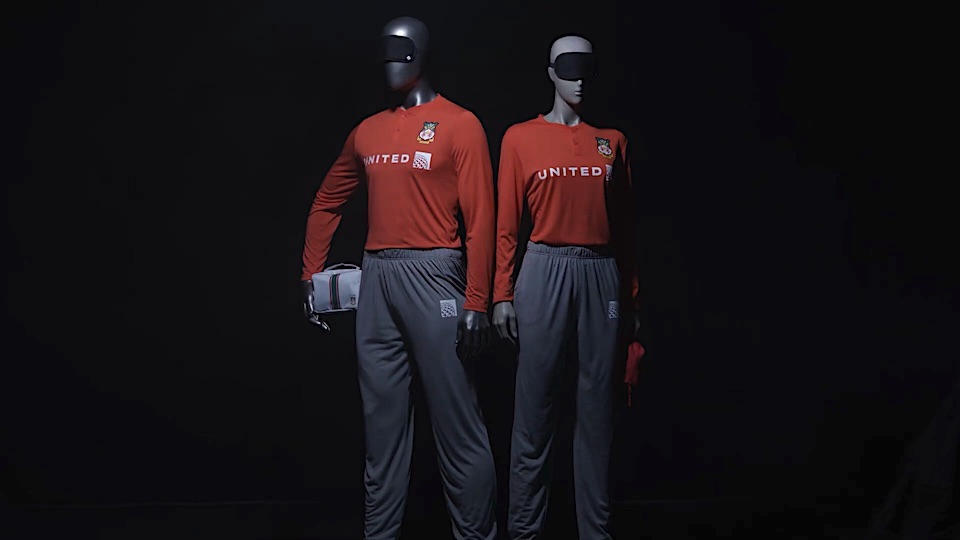

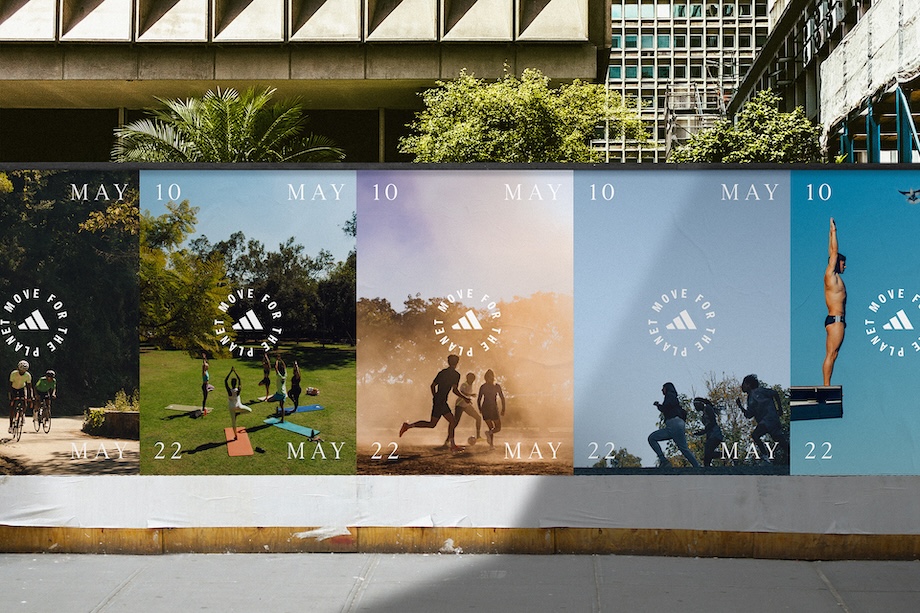
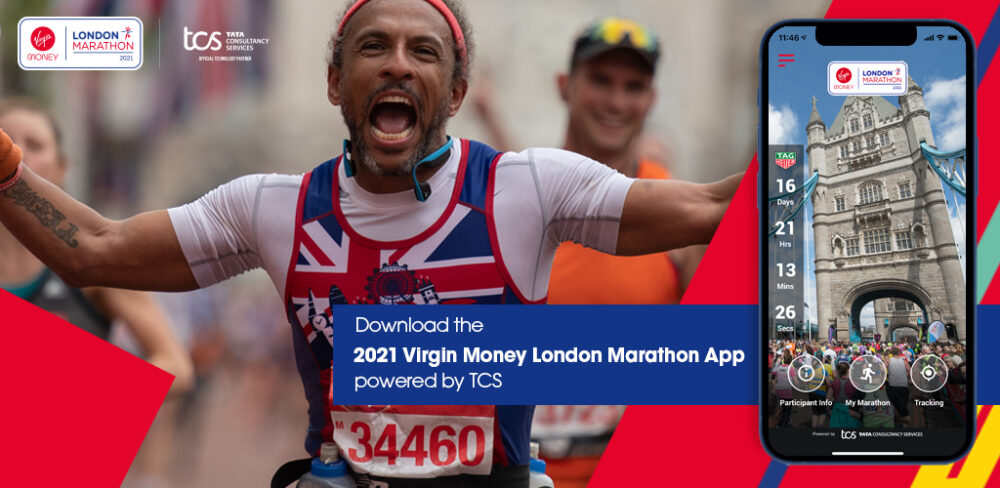
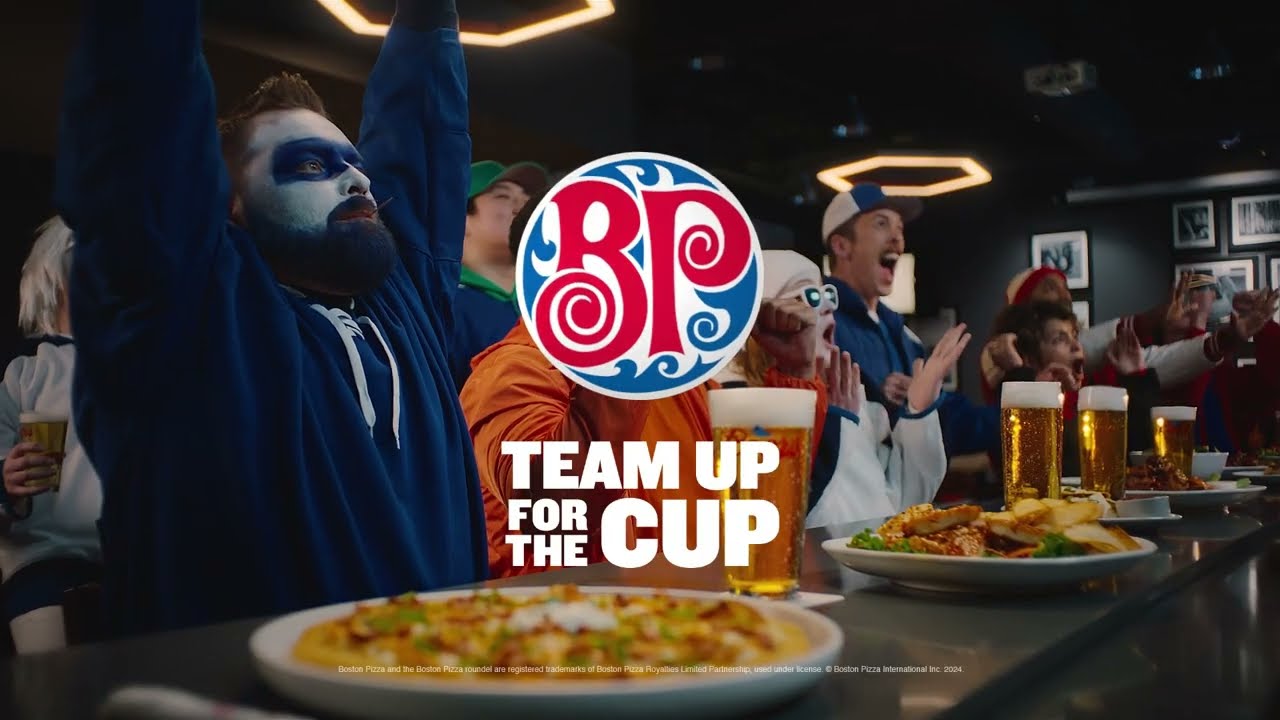
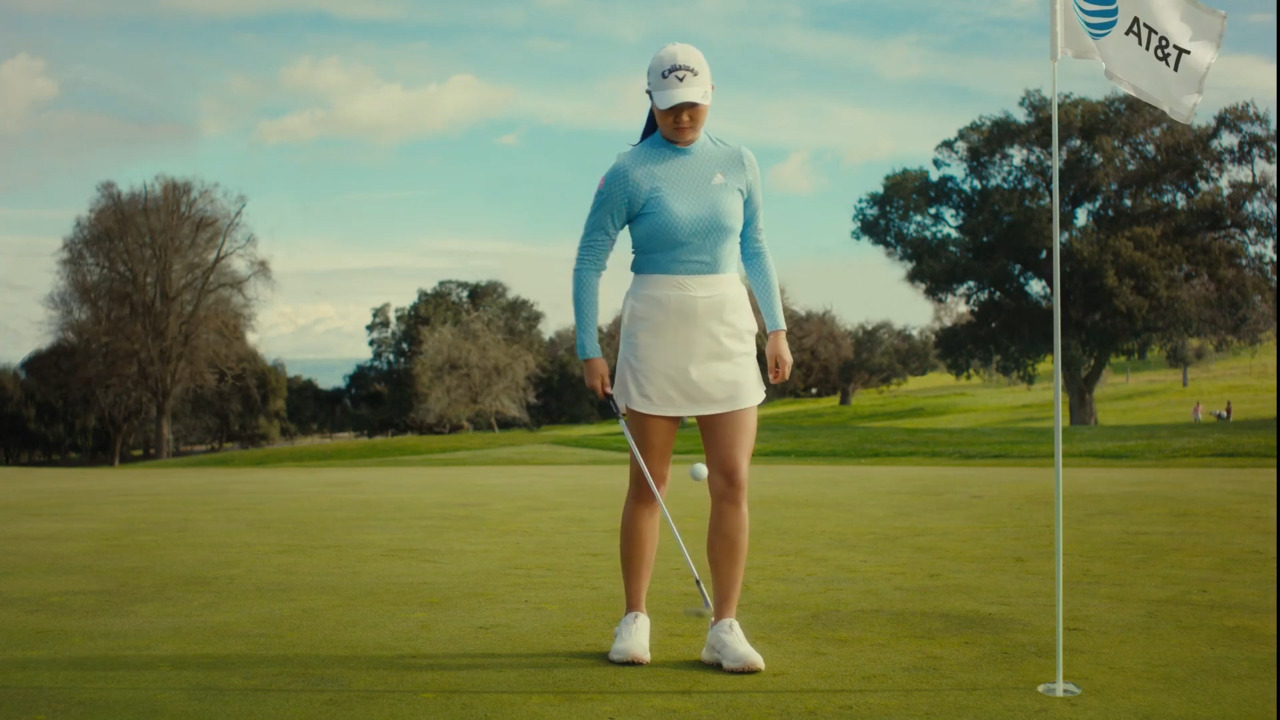
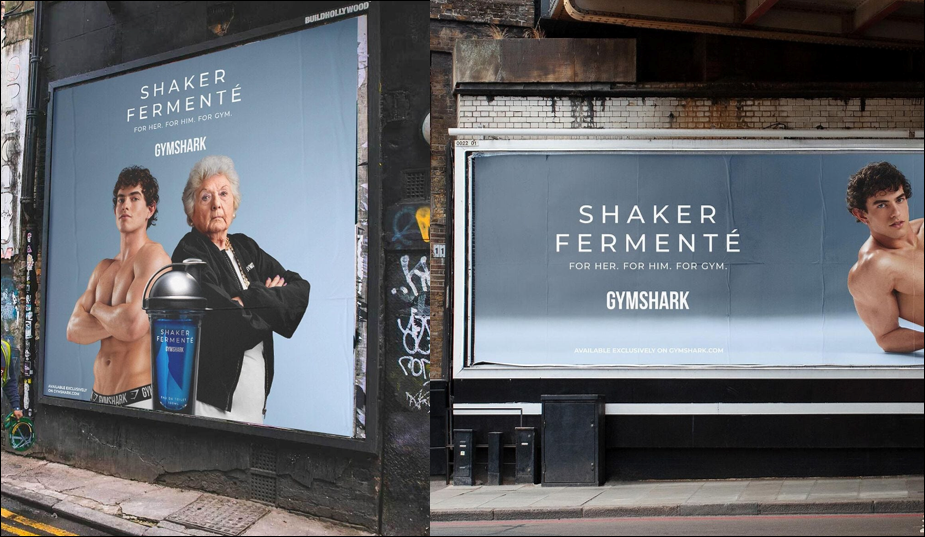
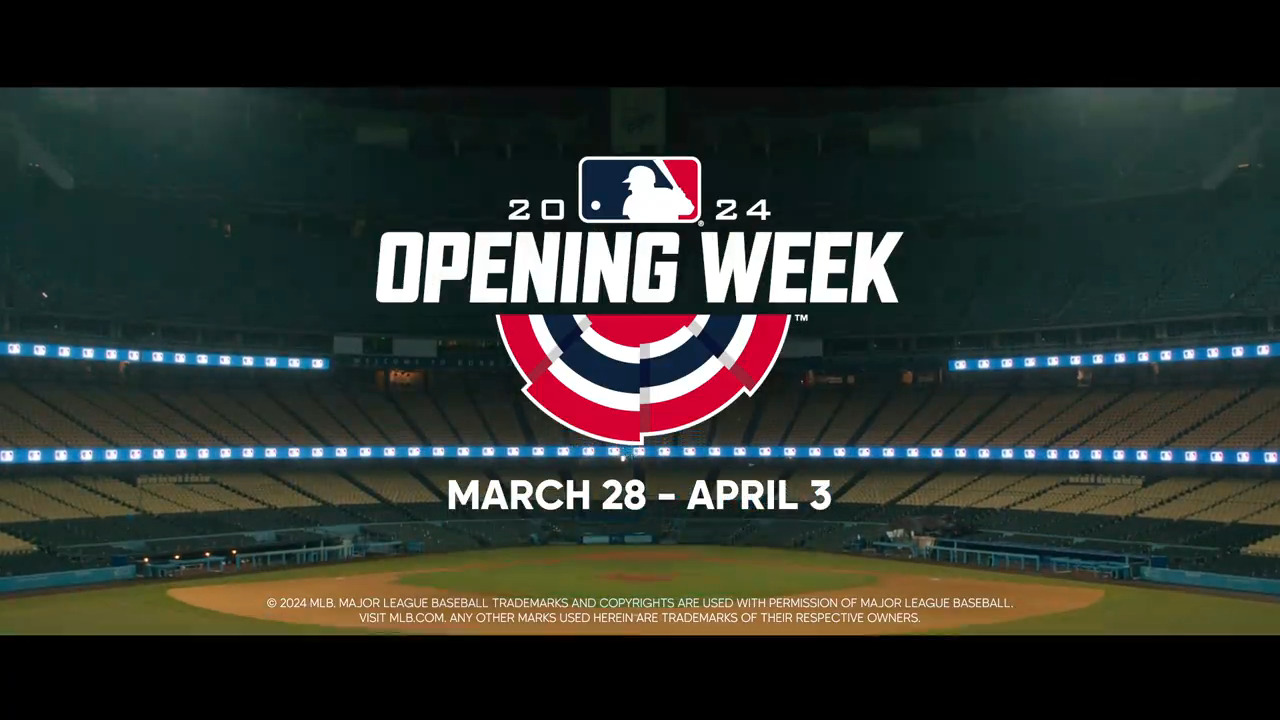
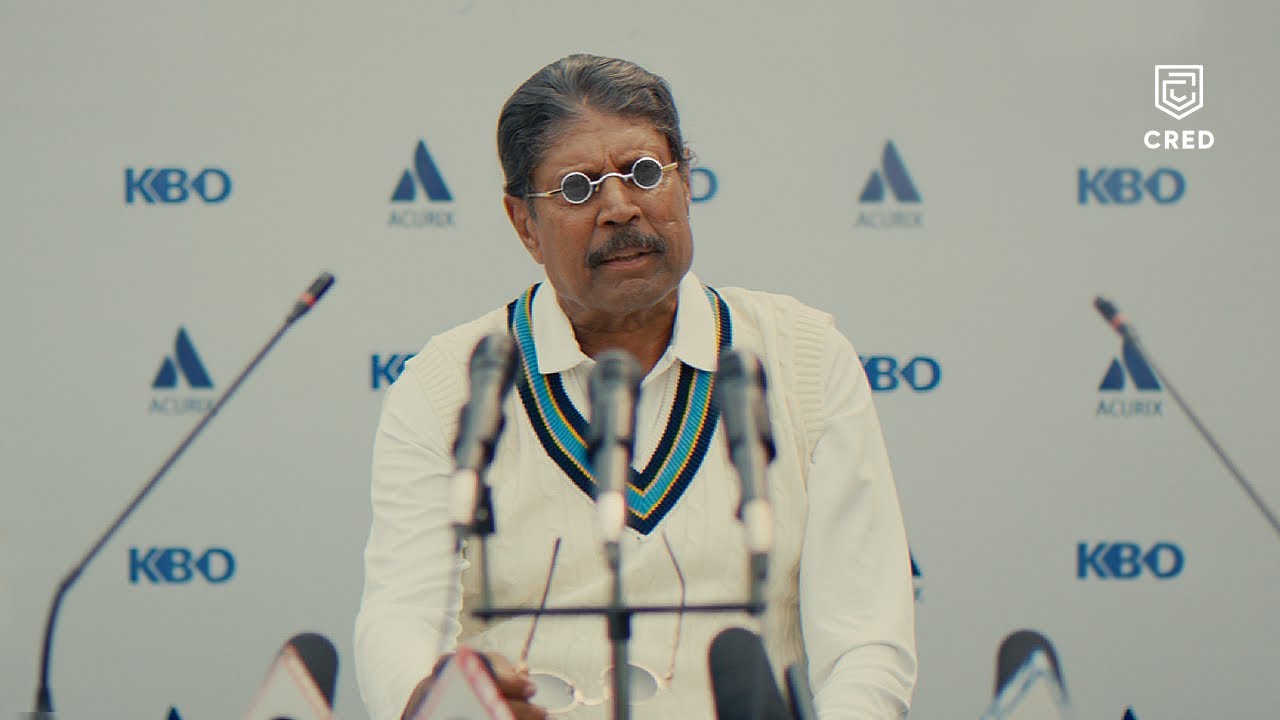
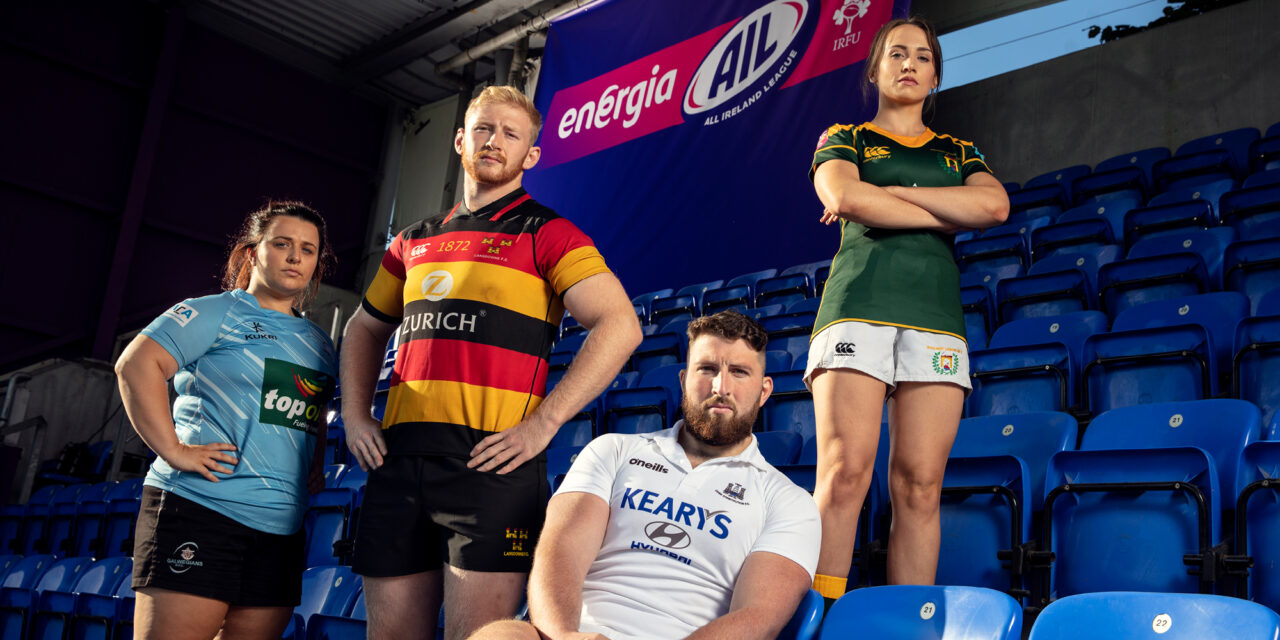
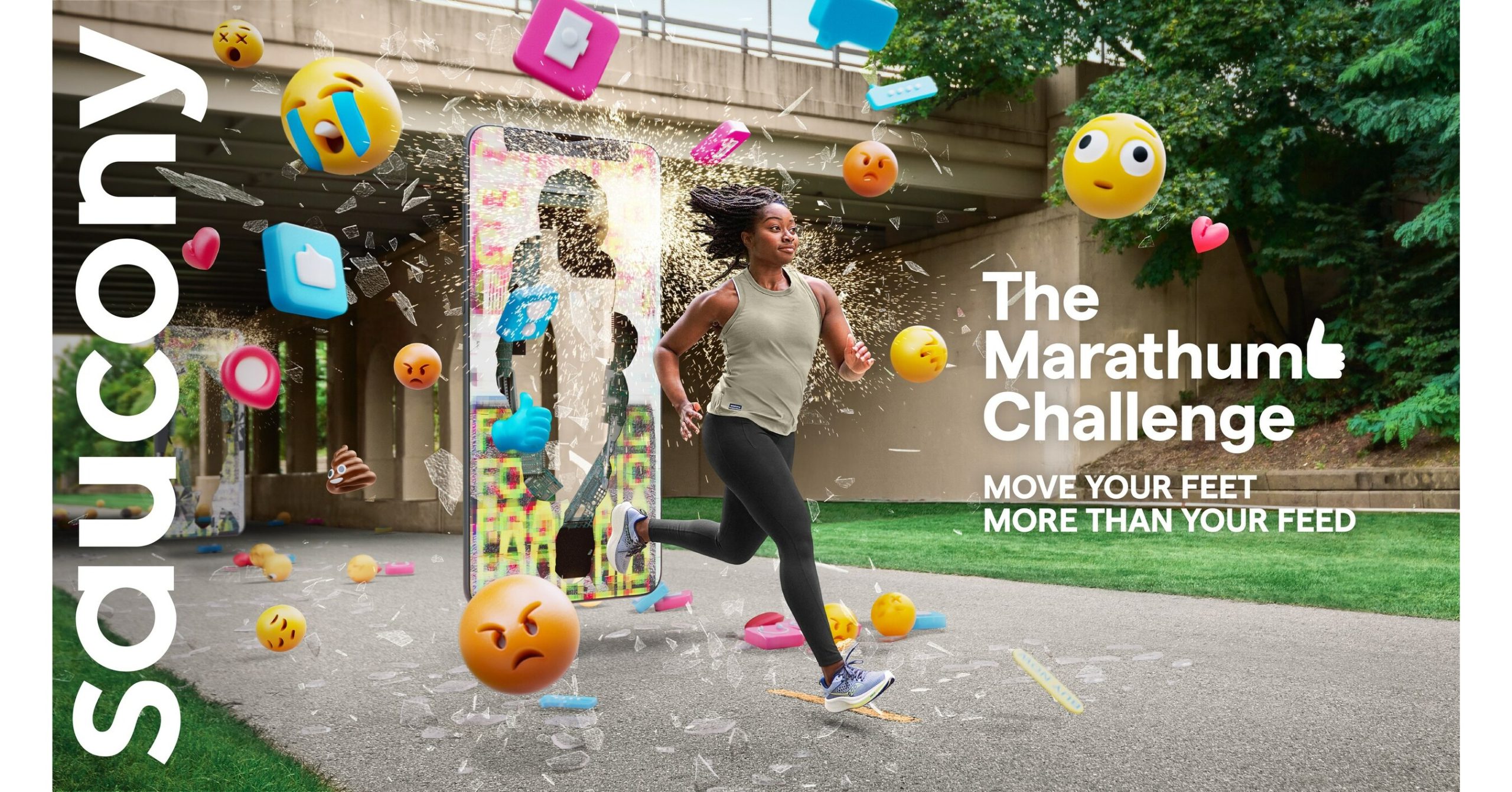

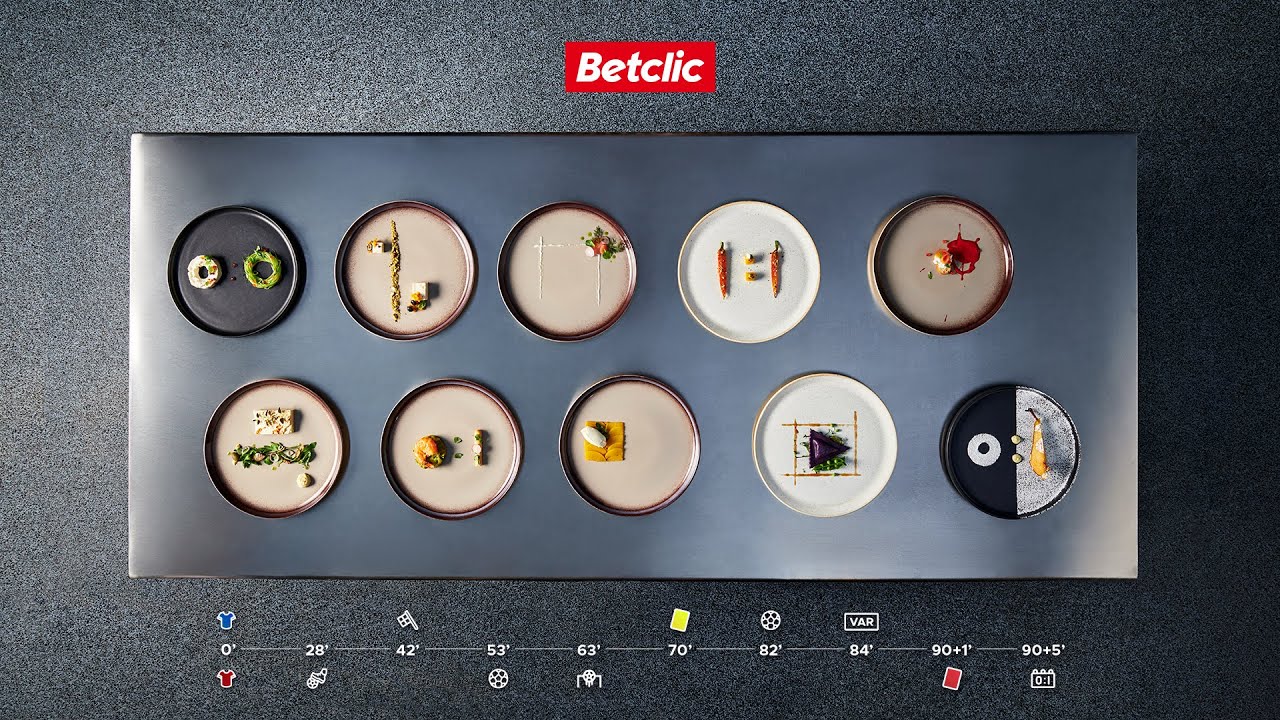

Leave a comment
You must be logged in to post a comment.